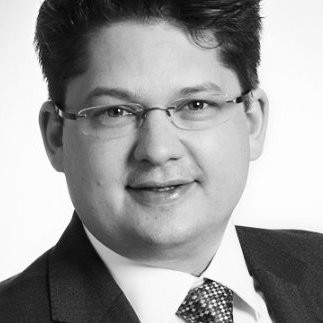Forvis Mazars in Germany establishes a No-code foundation, 20+ Citizen Developers, and nine Business Applications

 Andreas Steuer, Manager Digital Solutions
Andreas Steuer, Manager Digital Solutions
 Klaus-Lorenz Gebhardt, Partner Digital Solutions
Klaus-Lorenz Gebhardt, Partner Digital Solutions
Find everything you need to know about this use case right here
Find everything you need to know about this use case here
Find everything you need to know about this use case here

© Copyright 2025. All rights reserved.